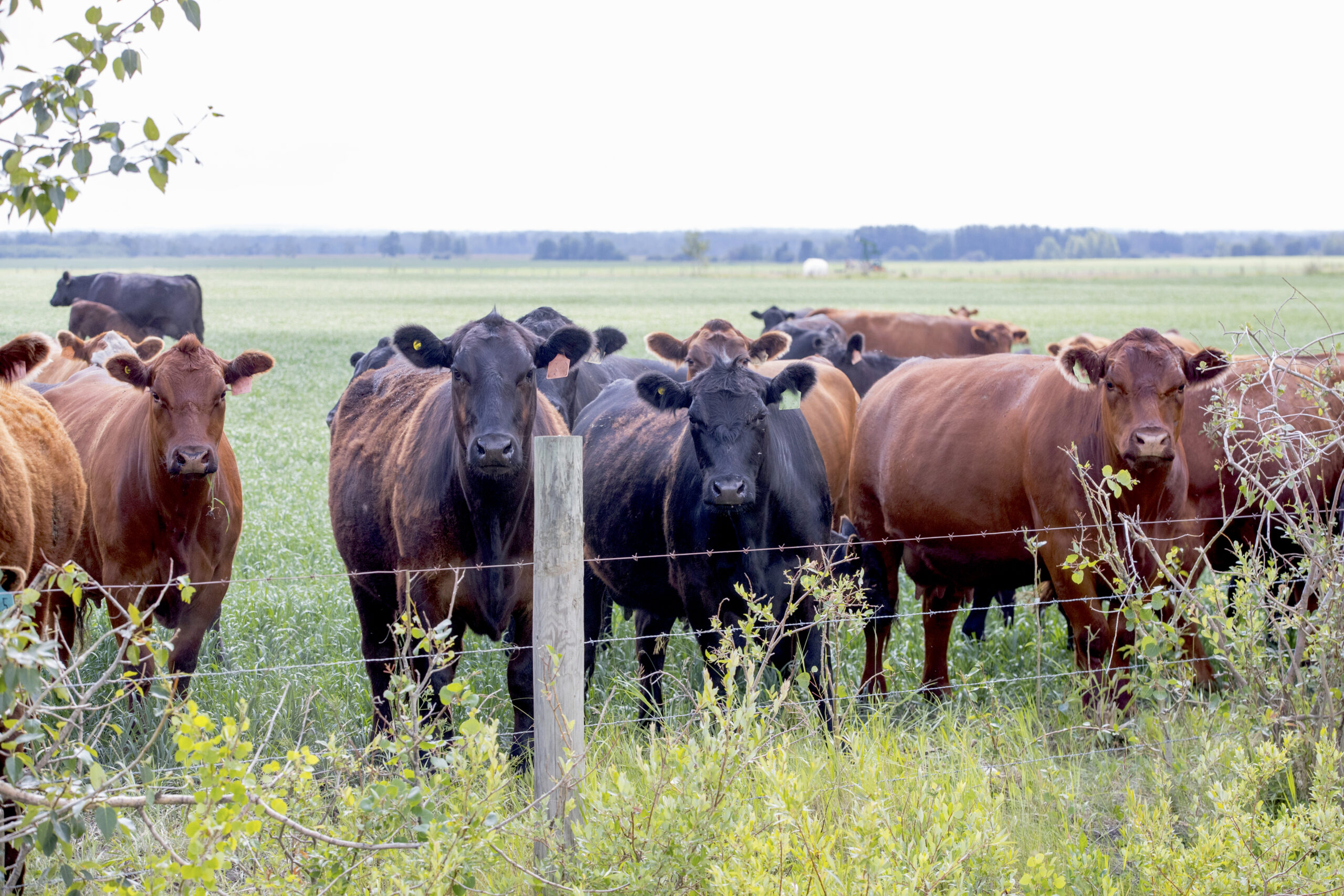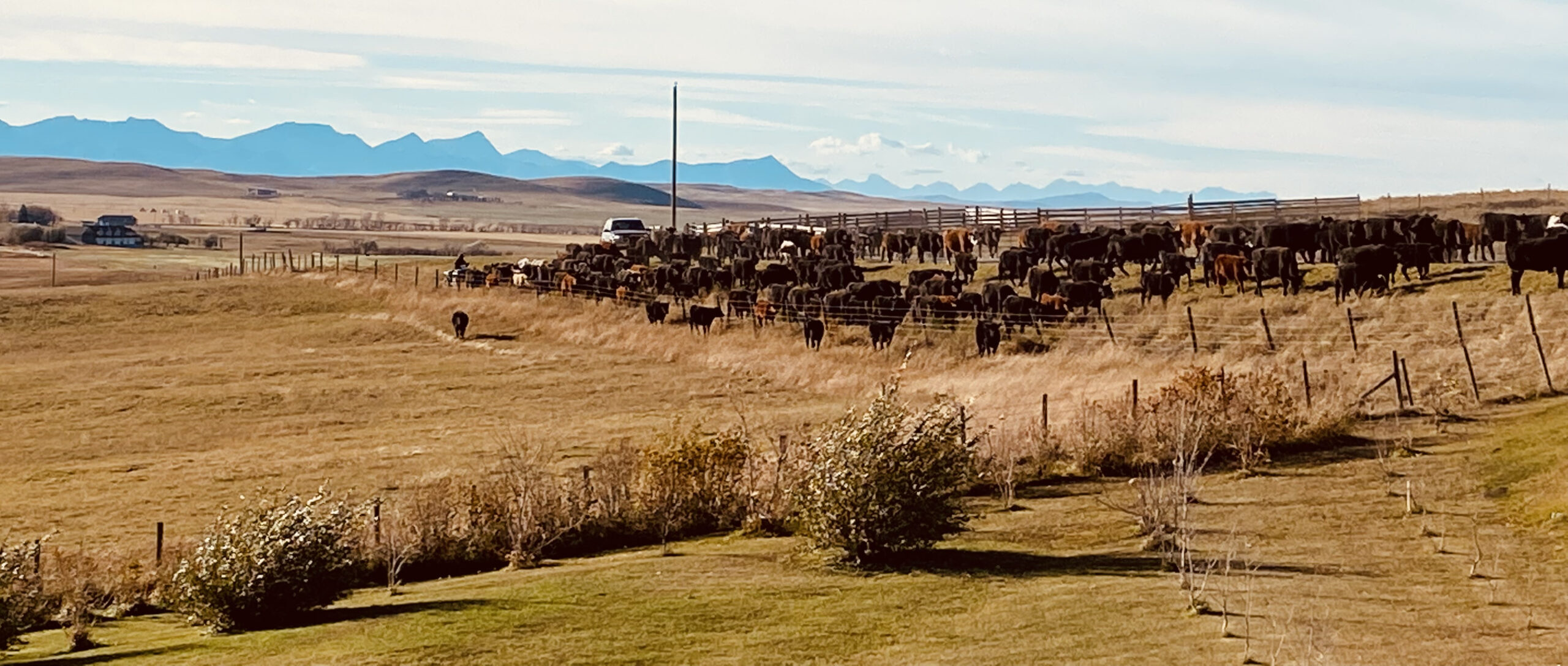Connecting Canadian Beef Genetics to the world
The recognition of Canadian beef cattle genetics internationally and genetic improvement initiatives are at the core of our mandate. We collaborate with organizations and government agencies in key markets to promote the attributes of our Canadian beef cattle genetics, production methods and regulatory systems.


